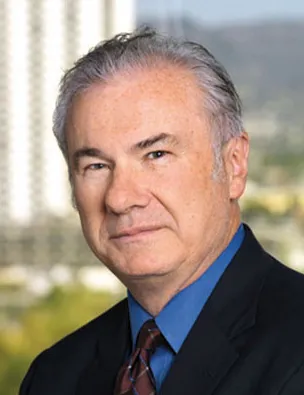Professor David J.Teece
David J. Teece is a Professor at the Graduate School at the University of California, Berkeley. He is also the faculty director of the school’s Tusher Initiative for the Management of Intellectual Capital.
He has authored over 30 books and 200 scholarly papers, and he is co-editor of the Palgrave Encyclopedia of Strategic Management, and Industrial and Corporate Change, an Oxford University Press Journal. Dr. Teece has received eight honorary doctorates and has been recognized by Royal Honors.
In 2020, Teece was rated #1 worldwide in management by London-based Clarivate and was given “Clarivate Laureate” status in economics (for innovation, entrepreneurship, and competition) in 2021 based on the citations he has received in the scientific literature. In the same year he was saluted as a ‘Distinguished Management Thinker’ by Thinkers50. Google Scholar indicates that he has been cited over 180,000 times.
Teece is identified as the originator (with two of his grad students) of the dynamic capabilities perspective in strategic management. He is also known for the “Teece model,” a framework he developed to assist companies with their technology commercialization strategies and business models. He has a companion framework on Dynamic Competition which is advanced as a better way to shape competition (antitrust) policy around issues of market power and M&A activity.
Dr. Teece in 2010 co-founded Berkeley Research Group, a research and expert services firm with top talent in domains ranging from intellectual property to competition policy to health care analysis and transaction advisory. In 2020 he cofounded Pilatus Capital, a venture capital firm with a technology focus.
Dr. Teece has a Ph.D. in economics from the University of Pennsylvania and has held teaching and research positions at Stanford University and Oxford University.

Find out more about how our community supports governments and global organisations in industrial innovation policy




